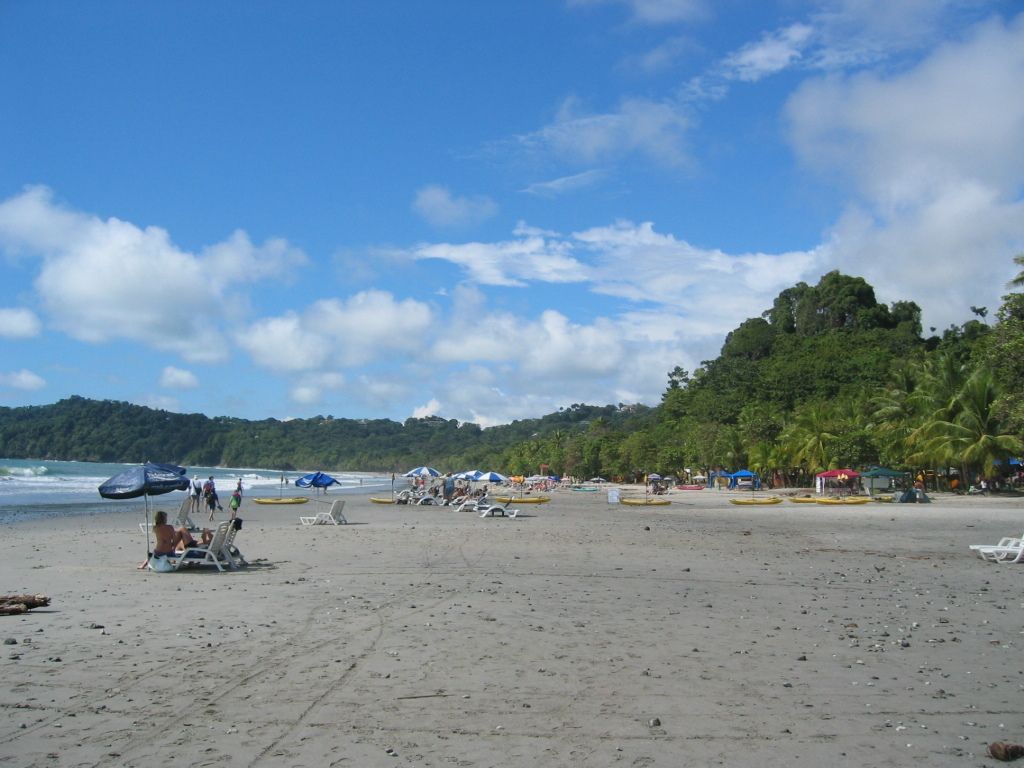Japan Proposes Internet Gaming Restrictions on Casino Websites
Cripple Japan's Unlawful Online Casinos: The New Crackdown
In the recent months, Japan- a country with an estimated 3.4 million gamblers- has ramped up its efforts to nip illegal online casinos in the bud by implementing stricter regulations.
On a frenzied Tuesday, the House of Representatives showed its unswerving resolve to completely eradicate illegal online gambling by passing a bill that specifically zeroes in on websites promoting or guiding users to online casino platforms.
The Lower House green-lit the bill with the help of support from both the ruling Liberal Democratic Party and the main opposition, the Constitutional Democratic Party of Japan.
A Legal Blockade for Casino Sites
The move comes amid mounting alarm over the proliferation of unauthorized virtual gambling, particularly following a slew of high-profile scandals involving athletes and celebrities.
A government-backed survey by the National Police Agency in March pounds the drums of concern louder, estimating that above 3.3 million people in Japan have dabbled in online casino gambling, despite its unlawful status, and a staggering ¥1.24 trillion ($8.7 billion) is funneled annually toward such sites.
Although online casinos may be legitimate elsewhere, they are strictly forbidden under Japanese law. However, their ease of accessibility online via smartphones expeditiously transformed them into the go-to vice for a vast horde of players seeking to skirt local restrictions.
The revised legislation, supported by Lower House reps, amends the current law targeting gambling addiction and introduces a series of new measures to forbid the promotion as well as facilitation of these platforms.
The new bill prohibits the establishment of casino websites and also outlaws any form of online communication that would entice users to visit them. The list encompasses all manner of ads and posts promoting these platforms.
Additionally, the bill pressures social media companies and online platform providers to remove illegal content that could act as gateways to gambling.
Fines, Jail Time, and the Gauntlet of Justice
In accordance with the Japanese Penal Code, individuals found playing online casinos within the nation face fines of up to ¥500,000 ($3,500). Meanwhile, habitual offenders could end up serving up to three years in prison under the same code.
Currently, legal gambling is confined to state-run lotteries and some forms of race betting, including betting on horses, bicycles, boats, and motorcycles. The bill is expected to pass the Upper House before the current parliamentary session concludes on June 22.
Insights:
- A comprehensive ban on all forms of advertising for online casinos is included in the legislation, which aims to prevent the promotion of these platforms through various channels.
- Banks, payment providers, and cryptocurrency firms are ordered to issue user warnings and block transactions linked to online casinos, further hindering access to these platforms.
- The legislation lacks new penalty provisions, which may hinder the effectiveness of enforcement.
- Social media companies may need to collaborate with authorities to remove promotional content related to online casinos.
- Platform providers may face challenges in implementing robust content monitoring and removal systems due to the legislation.
- The revised legislation introduces a ban on all forms of advertising for online casinos, aiming to prevent promotion through various channels.
- Banks, payment providers, and cryptocurrency firms are required to issue user warnings and block transactions linked to online casinos, making it more difficult to access these platforms.
- However, the legislation lacks new penalty provisions for individuals found participating in online gambling, which may hamper enforcement efforts.
- Social media companies may need to collaborate with authorities in order to remove promotional content related to online casinos.
- Platform providers may face challenges in implementing effective content monitoring and removal systems due to the new legislation.








